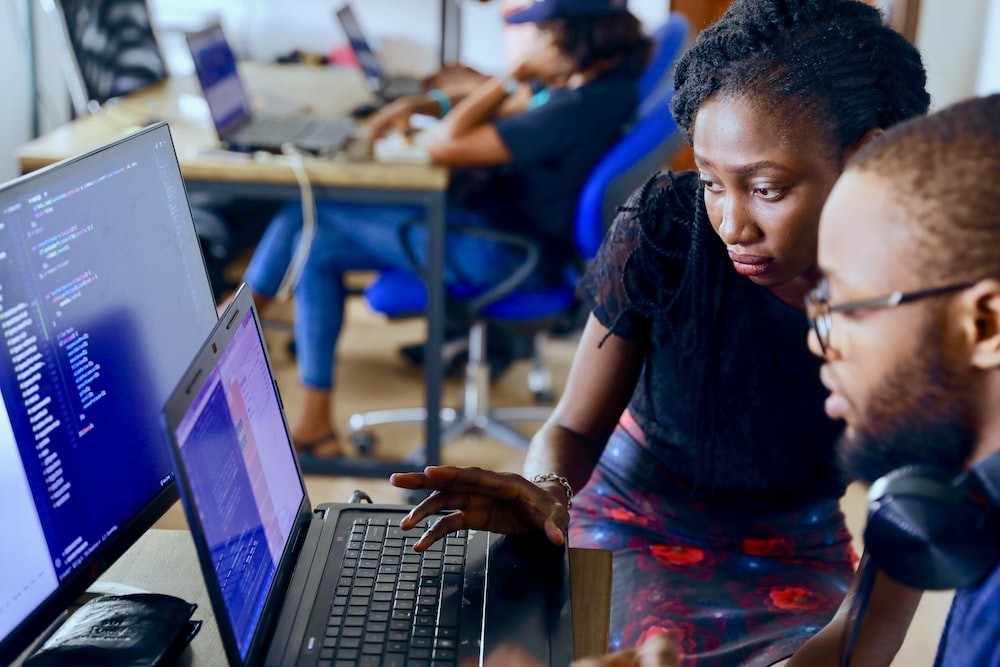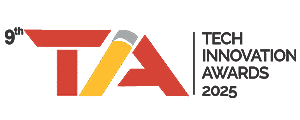
The Nigeria Learning Passport platform, which was initiated by the Federal Ministry of Education (FME) and UNICEF to modernise Nigeria’s education system, has reached 500,000 registered users.
The widespread use of digital devices has prompted many African countries to join the drive. Besides, business uses, digitalisation has also entered the classrooms, and through the NLP, Nigeria seeks to ensure that its younger generation thrive in the digital ecosystem. The NLP offers courses in computer and agricultural science, mathematics, and biology, among others.
The UNICEF Representative in Nigeria, Ms Cristian Munduate, expressed joy at the NLP crossing the 500,000-user landmark, stating that “reaching 500,000 users isn’t just a reflection of a successful platform, but of the government’s visionary leadership and dedication to its citizens.”
She continued that UNICEF and the FME would continue working together to seek more users for the platform. “As we set our sights on 1.5 million NLP users by 2024, the continued strategic guidance and involvement of FME will be invaluable.”
Since it was launched in March 2022, the NLP has benefited students and teachers. Students get access to wide range of courses, while teachers can grow their digital expertise. Parents can even help their younger children with their selections since the platform has courses for early learners as well.
Fourteen-year-old Bolade Ayomide, who studies at the Government Senior College Agege, Lagos, is among the many who access the NLP. He revealed that the platform gives him easy access to his school work, and that the courses are available every day. He added that he was “impressed at the selection of courses available on the NLP platform– everything from biology to mathematics to entrepreneurial and secretarial studies.”
Powered by Microsoft, the Nigerian Learning Passport now operates across 18 Nigerian states. Besides, English, the platform also has Hausa, Igbo, and the Yoruba languages available over its 15,000 curriculum-aligned resources. The NLP personal learning record also allows users to track their progress and achievements.
The NLP is supported by Airtel Africa, meaning all Airtel devices can use the platform for free. IHS Towers is also ensures that the schools are connected to the internet to enable them access to the platform. Such support and partnerships help gives every child an opportunity to learn, regardless of connectivity access.
Ms. Munduate praised Airtel and IHS Towers, stating that “their commitment not only amplifies our efforts but ensures that we bridge the digital learning divide effectively.” She added that “with such strong public-private collaboration, we are confidently advancing towards a future where every Nigerian child, irrespective of connectivity challenges, receives quality education.”
Beyond the NFP, UNICEF and partners have continued investing in necessary infrastructure, like data, computers, smart devices, internet access, and teacher capacity development, to bring digital learning to every child and young person in Nigeria.




